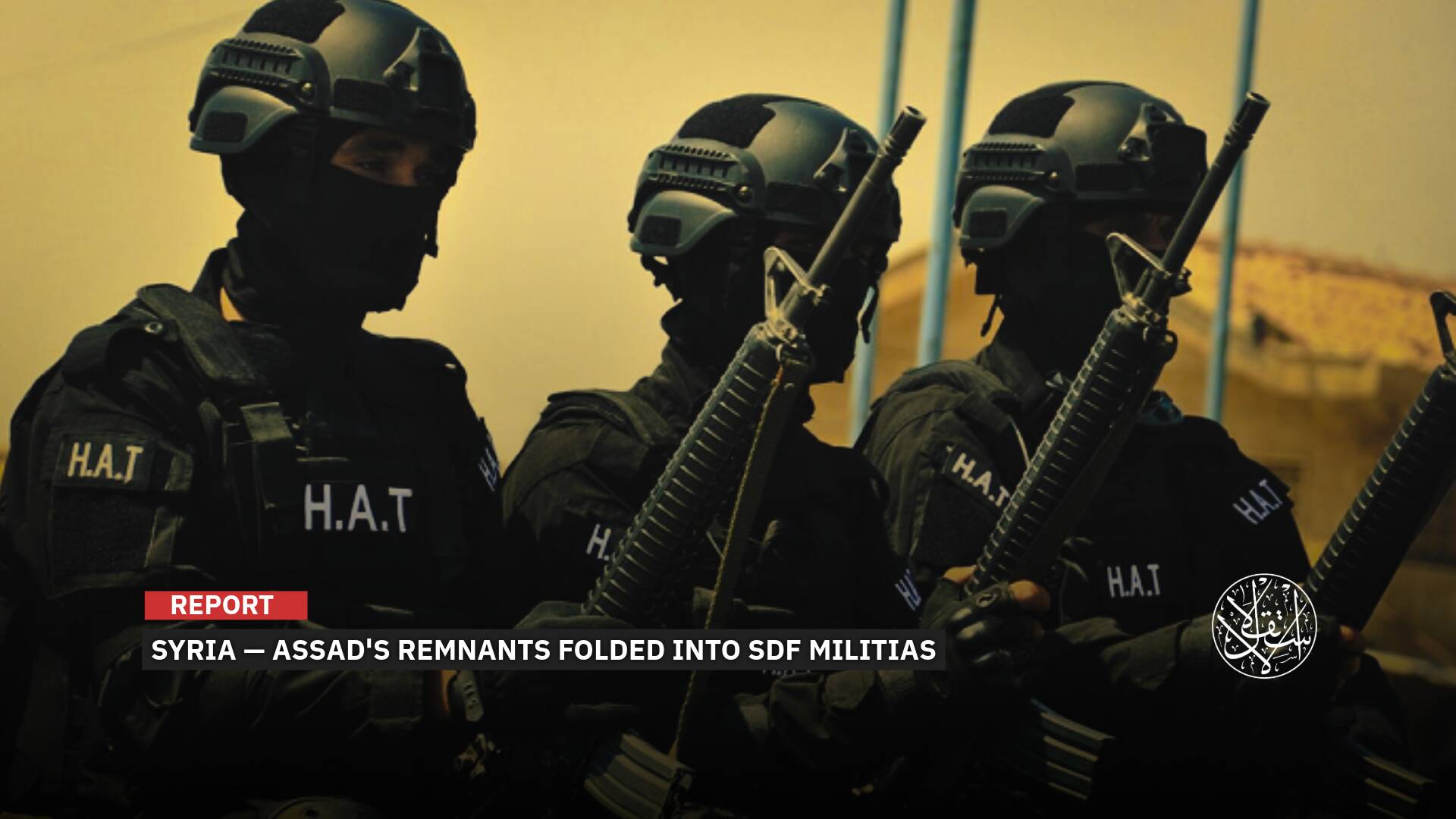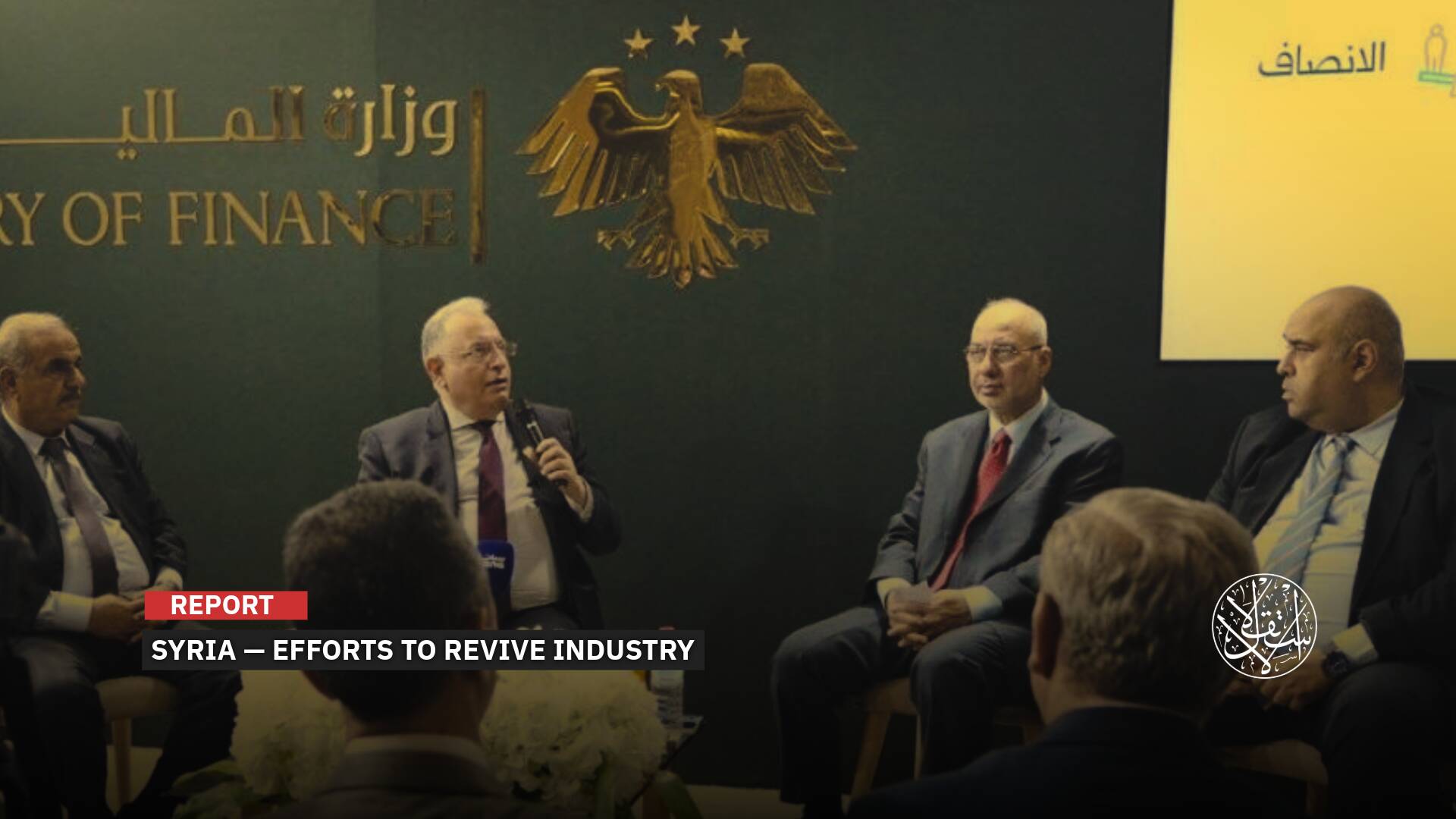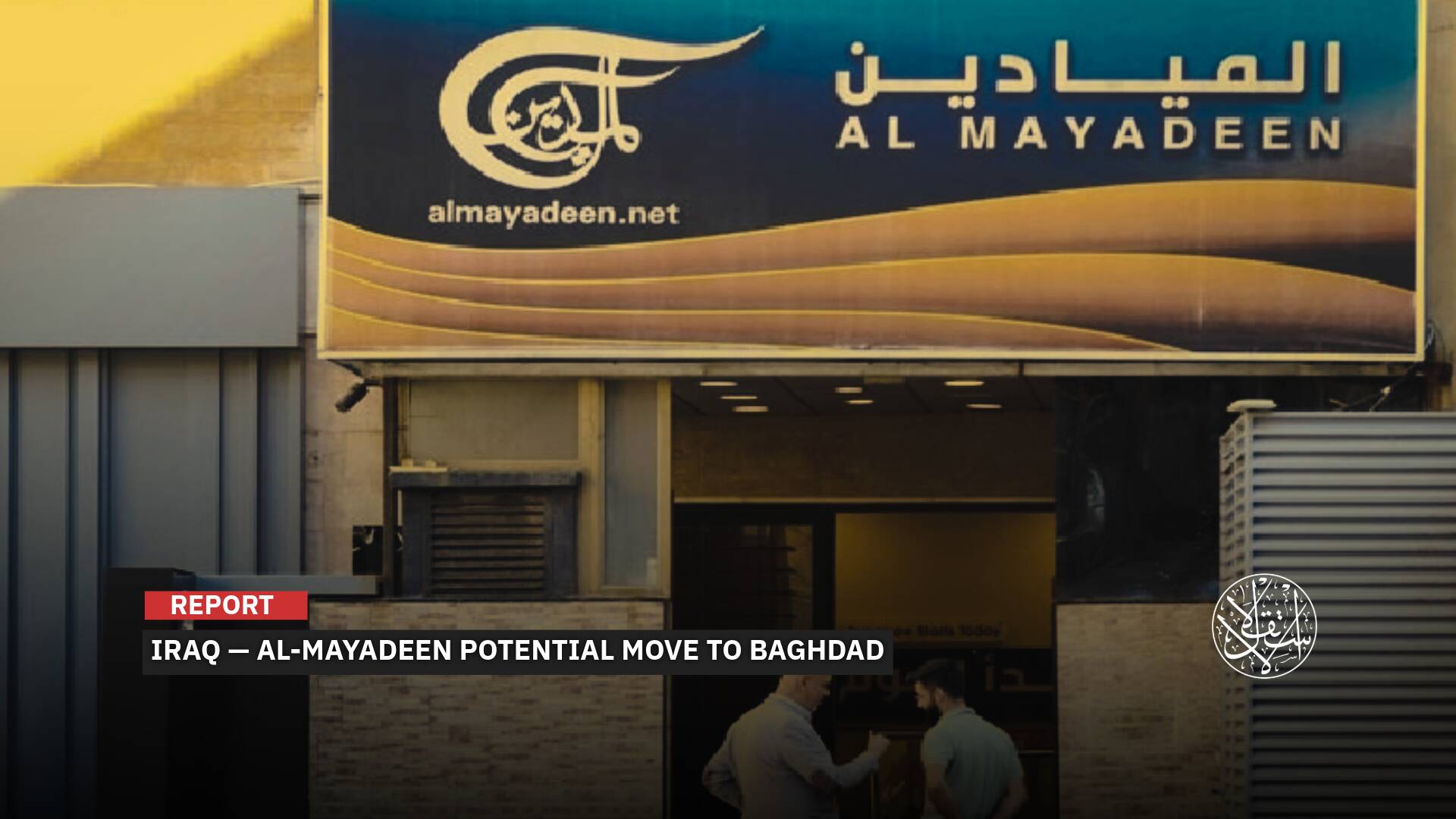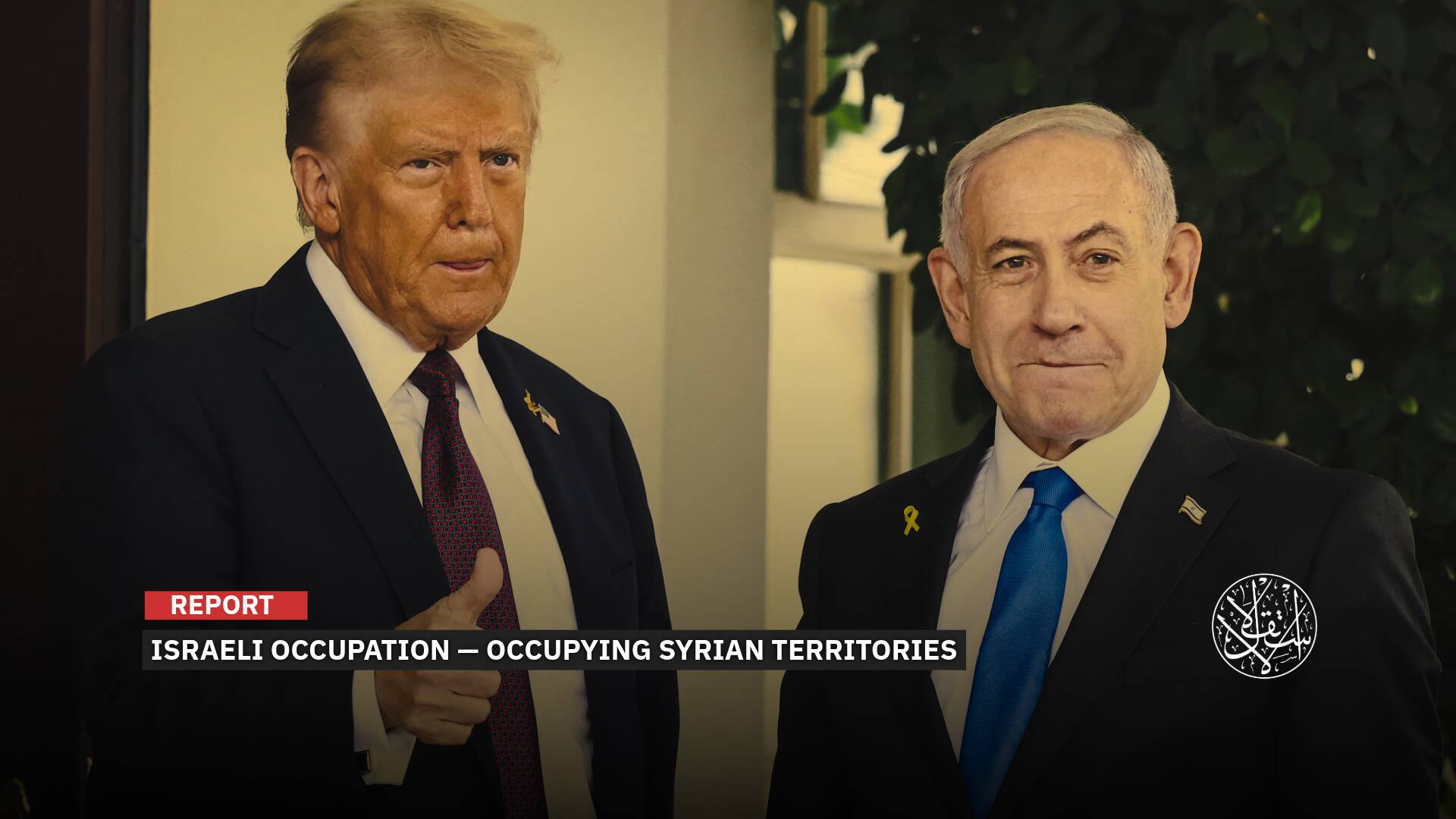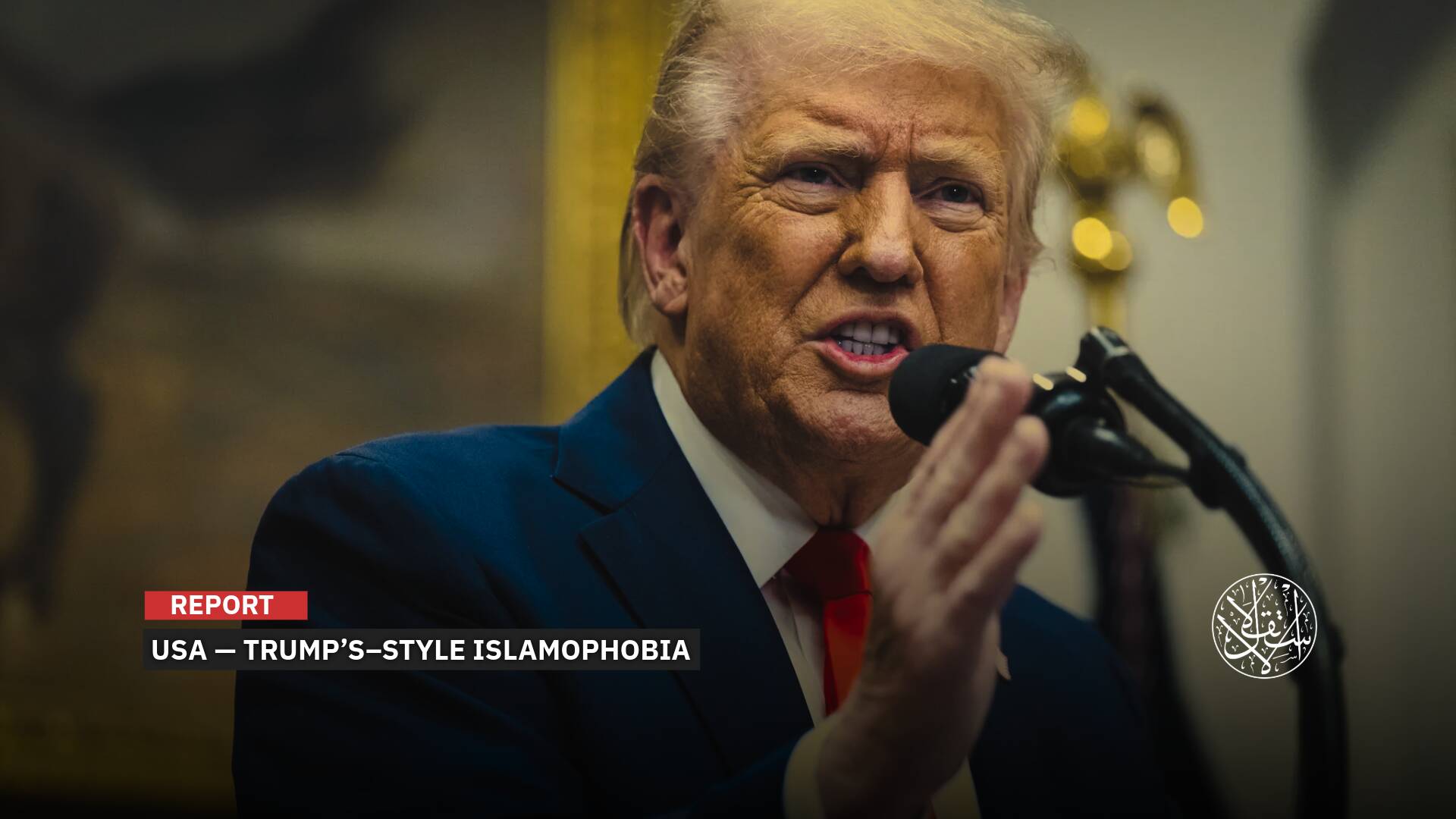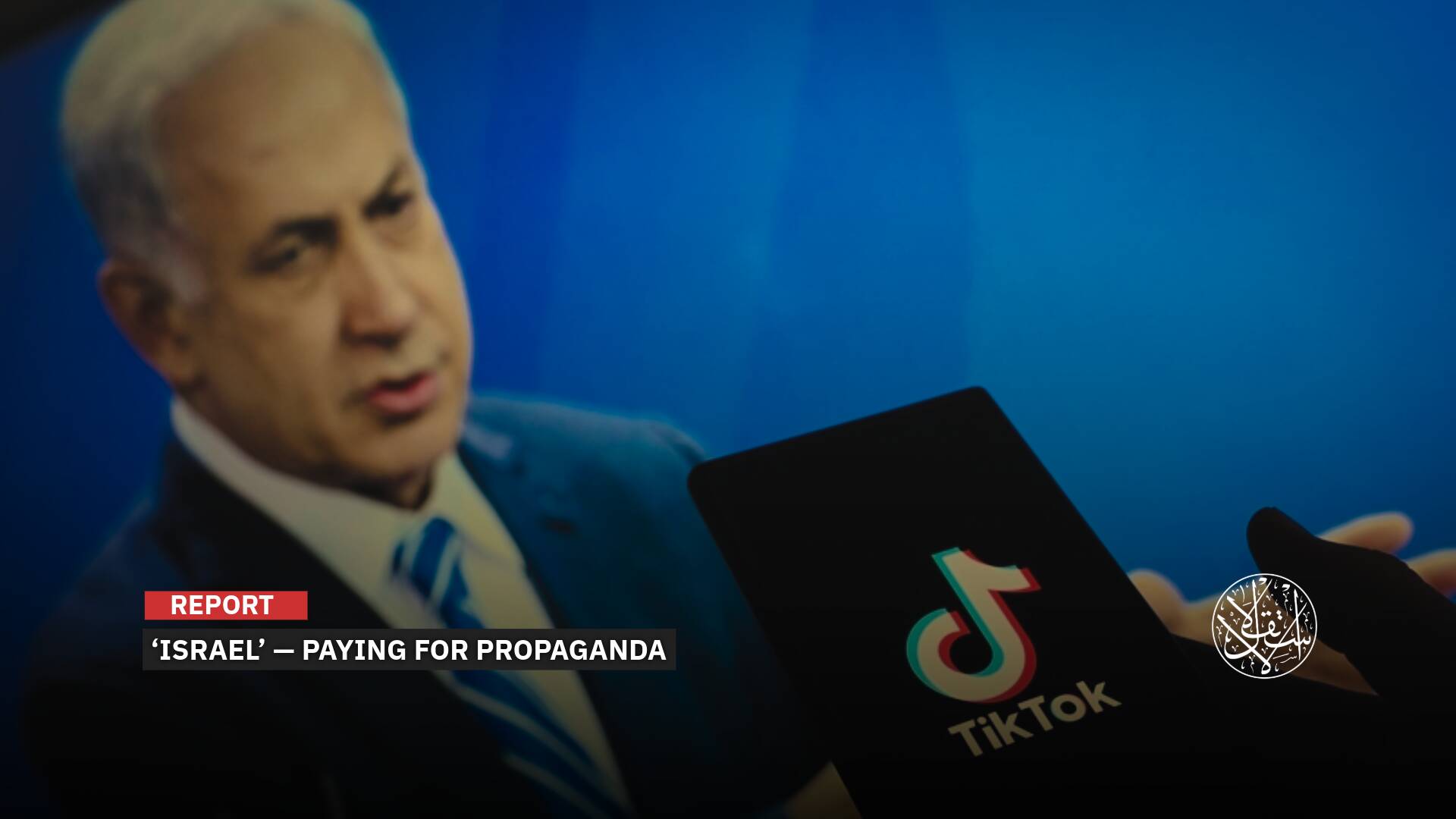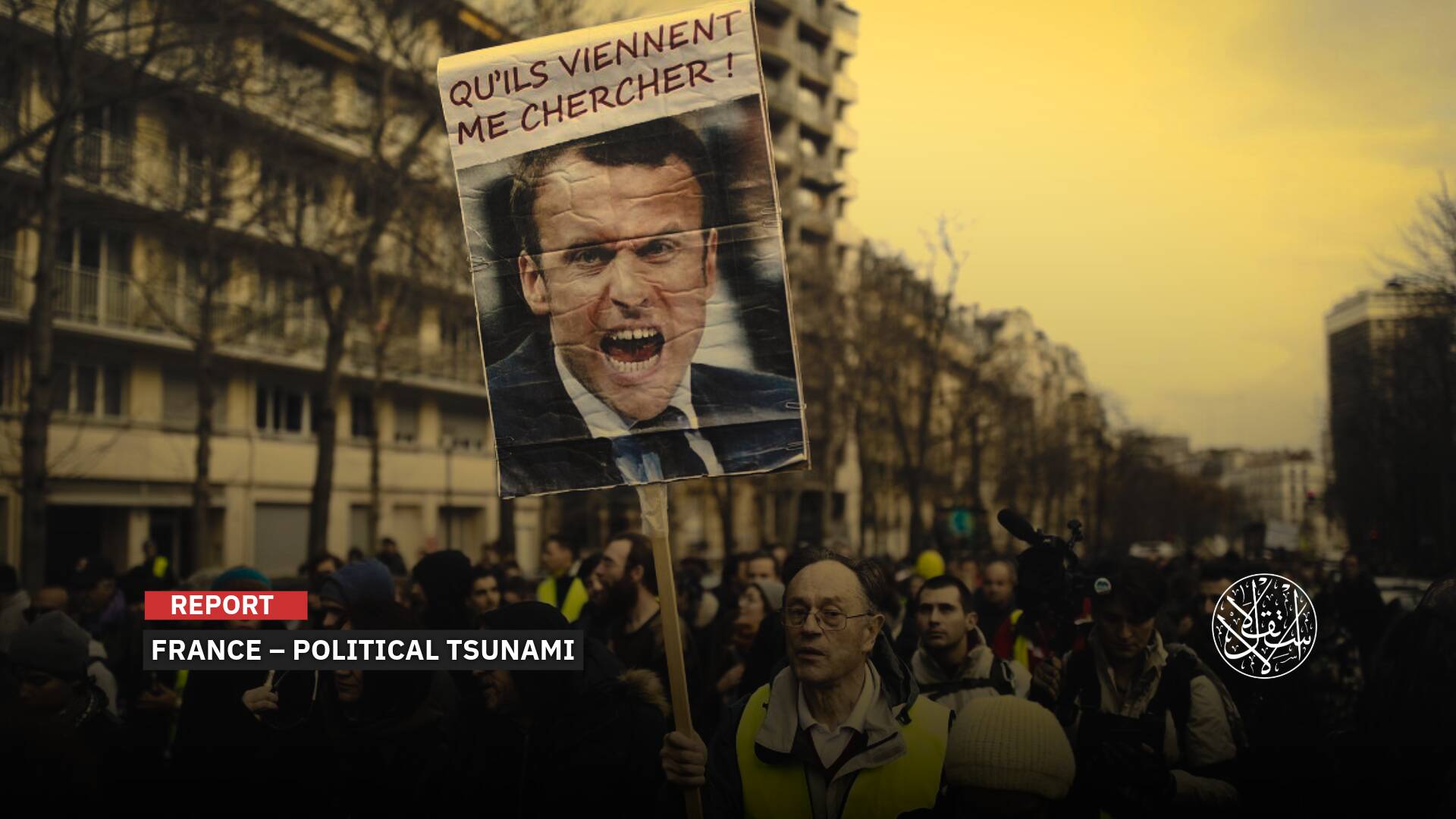Without a Single Shot: How America Aims to Break Iran's Influence in Iraq

The Act includes penalties targeting prominent Iraqi figures and institutions.
A newly proposed U.S. bill titled “Free Iraq from Iran Act” is stirring debate in Washington and Baghdad alike. Introduced by Republican Congressman Joe Wilson—known for his staunch opposition to Iran and as the architect of the Caesar Act sanctions against the Assad regime—the legislation is being compared to America’s 1998 Iraq Liberation Act, which laid the groundwork for ousting Saddam Hussein.
‘Free Iraq’
Announced on April 3, 2025, by Wilson and co-sponsor Congressman Jimmy Panetta, the Act aims to curb Tehran’s influence in Iraq and reassert Iraqi sovereignty. It mandates the U.S. State and Treasury Departments, along with USAID, to formulate a full-fledged strategy within 180 days to dismantle Iran’s grip on Iraqi affairs.
Among its provisions: dismantling Iranian-linked militias and the Popular Mobilization Forces (PMF), suspending U.S. security aid until such groups are removed from Iraqi state institutions, and ramping up support for Iraqi civil society.
The bill also calls for countering Iranian propaganda and boosting American media efforts to expose militia abuses. A detailed implementation plan must be submitted to Congress within 60 days of passage.
Though no bullets are involved, critics say the bill represents a new front in Washington’s pressure campaign—this time aiming to push Iran out of Iraq without firing a shot.
The proposed “Free Iraq from Iran Act” goes far beyond rhetoric—it outlines concrete measures targeting powerful Shiite militias and key Iraqi figures with ties to Iran.
The bill calls for designating several groups as foreign terrorist organizations, including: Liwa Abu al-Fadhal al-Abbas, Badr Corps, Harakat al-Nujaba, Kata’ib al-Imam Ali, Kata’ib Jund al-Imam, Kata'ib Sayyid al-Shuhada, Saraya al-Jihad, Saraya al-Khorasani, the Popular Mobilization Forces (PMF), and the Islamic Resistance in Iraq.
It also mandates classifying any entity or organization acting as an agent, affiliate, subsidiary, or under the control of Iran’s Islamic Revolutionary Guard Corps (IRGC) as a terrorist group under U.S. law.
The bill doesn't stop at militias. It directly targets prominent Iraqi political and military figures deemed facilitators of Iran-backed militias destabilizing Iraq. These include: Former Prime Minister Nouri al-Maliki, Badr Corps leader Hadi al-Amiri, National Security Advisor Qasem al-Araji, Chief of Staff of the Army Abdul Amir Rashid Yarallah, and Chief Justice of the Supreme Federal Court Jassim al-Amiri.
Sanctions also extend to major Iraqi state institutions like Rafidain Bank and the State Organization for Marketing of Oil (SOMO).
Backed by both Republicans and Democrats, the bill is awaiting a vote in Congress. If passed, it would require President Donald Trump's signature to become law—ushering in a sweeping escalation in U.S. efforts to challenge Iran’s footprint in Iraq.

Potential Approval
There’s growing momentum in Washington to pass the “Free Iraq from Iran Act”—and analysts say it could mark a turning point in U.S. efforts to curb Tehran’s influence in Baghdad.
“Bipartisan support for the bill means it’s likely to pass,” Iraq analyst Ali al-Masari told Al-Estiklal.
“However, it won’t fully uproot Iran’s grip on Iraq. Instead, it would significantly weaken Tehran’s sway by sanctioning its local proxies and sidelining them from political leadership.”
“This kind of bipartisan unity reminds us of how both parties aligned against Saddam Hussein before 2003,” al-Masari said, noting that while Democrats and Republicans “share a desire” to punish Iran, they usually differ on how to do it—Democrats favor diplomacy, while Republicans push for harsher measures.
What’s unusual, he added, is that both parties seem comfortable with having the current U.S. president lead this effort, suggesting broader institutional backing for cutting Iran down to size.
The bigger picture, according to al-Masari, involves shrinking Iran’s footprint across the entire region. “After its reduced role in Lebanon and Syria, the focus is now shifting to Yemen and Iraq,” he said.
In Yemen, the approach has been more military. But with Iraq, Washington is opting for a political strategy—partly because the U.S. helped shape the country’s post-2003 political order. Still, if non-military tools fail, al-Masari warned, Washington could unleash devastating strikes against Iran’s allies on Iraqi soil.
Faisal Ghazi, head of the Iraqi Center for Strategic Studies, signaled strong chances for the bill's passage, stressing Washington’s resolve to curb Iran’s influence in Iraq in the coming phase.
“The bill is expected to undergo detailed discussions in both chambers of Congress before a vote. If it clears those hurdles, it will be sent to President Donald Trump, who then faces two choices: sign it into law and instruct key departments like the State and Treasury to implement it—or veto it altogether,” Ghazi told Alssaa.
“The current mood in the U.S. is tilted firmly toward imposing tougher sanctions on Iran and eliminating threats posed by its proxies—especially in the Gulf, Iraq, and beyond.”
If Iran were to concede to U.S. demands on its nuclear program, Ghazi added, its hold over Baghdad—militarily, economically, and politically—could come to a complete halt.

A Crucial Opportunity
Commenting on the bill’s implications for Iraq if passed, Iraqi politician Entifadh Qanbar—based in Washington and a close associate of U.S. Senator Joe Wilson—described it as a significant step toward fixing Iraq’s current state.
In a video shared on X on April 5, Qanbar said the legislation lays out practical and important measures to reform the situation in Iraq. If the bill passes Congress—which is likely—then President Donald Trump won’t hesitate to sign it. “These are all concrete steps to change the status quo in Iraq. The country can no longer remain an Iranian colony.”
Qanbar added that once Iran is out of the picture, Iraqis—not the United States—will be responsible for the country’s future. “This bill doesn’t call for U.S. military intervention to topple the regime. It’s about empowering Iraqis to free themselves from Iran’s malign influence,” he said.
Qanbar warned that potential sanctions on Rafidain Bank, Iraq’s largest state-owned financial institution, would be devastating: “If sanctioned, the bank won’t be able to pay public sector salaries—it would be catastrophic.”
According to the Iraqi politician, the bank’s troubles stem from serious violations. “For 16 years, it hasn’t undergone a single audit because its director, Haidar Khalkhal, refuses that.”
“The bank has been paying salaries to members of the Popular Mobilization Forces, which include militias designated as terrorist organizations, and has extended $2.5 billion in loans to a PMF-linked company. It also played a role in smuggling U.S. dollars abroad,” he claimed.

Iraqi writer Walaa Saeed al-Samarraie described the “Free Iraq from Iran Act” as a rare and invaluable opportunity—one that must not be squandered if it passes and is implemented within the proposed three-month timeframe.
“This is a moment that must be seized quickly—before any foreign interference—by the long-suffering and patient Iraqi people,” she wrote in an article published on April 7.
Al-Samarraie called for a nationwide mobilization, urging Iraqis to rise up in every city and for the spirit of the October 2019 Tishreen Revolution to ignite the push to dismantle the sectarian, proxy-led regime.
She stressed the need to reclaim Iraq from what she described as a “brutal occupation” that thrives on sectarian strife, fuels conflict, and sacrifices Iraqi lives to serve expansionist and settler-driven agendas across the region.
Sources
- What's the story behind the "Free Iraq From Iran Act" in Congress? [Arabic]
- Free Iraq From Iran Act [Arabic]
- Free Iraq From Iran Act [Arabic]
- What Does the "Free Iraq from Iran Act" Include—and Who Is Targeted by Its Sanctions? [Arabic]
- Two Republicans in the U.S. Congress propose Free Iraq from Iran Act [Arabic]


